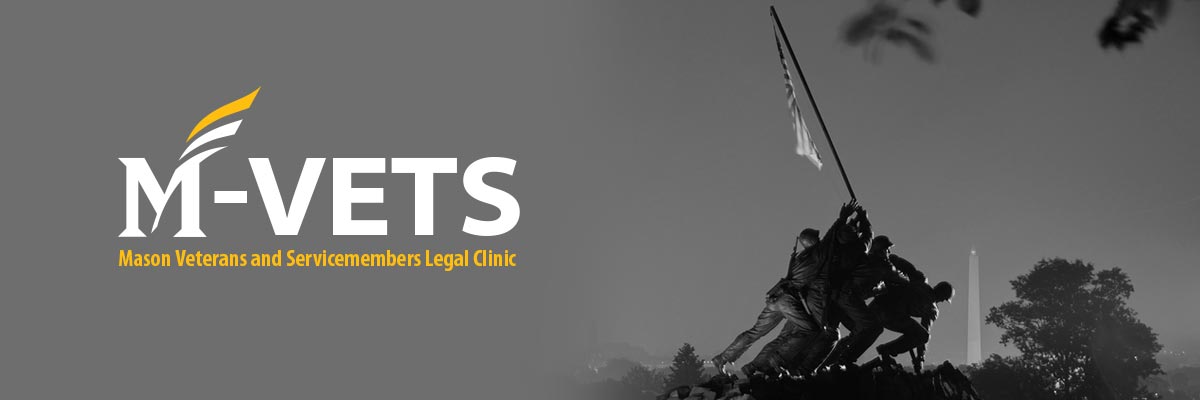By Eric Cheung, Summer 2013 CLASV Student Advisor
Wouldn’t you agree that our Armed Forces should accept any individual who is well-educated, has no criminal past, and most importantly, is ready and willing to serve our country? In fact, this is not the case for undocumented immigrants. The United States Armed Forces will not allow an individual who is not a permanent resident of the United States to serve in the Armed Forces. However, one bill- Development, Relief, and Education for Alien Minors (“DREAM Act”)[1] –could change the lives of thousands of undocumented immigrants.
The effect of the DREAM Act would be to give currently-undocumented immigrants who meet certain criteria a chance to serve in the United States military. If the United States was built on a foundation of freedom and opportunity, shouldn’t these currently undocumented immigrants have a voice? As drafted, the DREAM Act would have provided undocumented immigrants temporary residency if they met certain requirements. Generally, the requirements were that the undocumented immigrant arrived in the United States before 16 years of age, lived continuously in the US for 5 years, graduated from an American high school or obtained their general education development (GED), and be of good moral character. The individuals targeted to be affected by this legislation would have had to prove those requirements and not have any criminal background. If they met those requirements, an undocumented immigrant could receive temporary residence and join the Armed Forces. The DREAM Act was blocked, however, and there are countless individuals who meet all of these requirements but are not allowed to serve. Even worse, there are individuals who participate in the Junior Reserve Officers’ Training Corps (JROTC) programs in high school and excel in class but are effectively blocked from joining the Armed Forces.
The DREAM Act would allow excellent candidates who could be graduating at the top of their class to do the one thing they want the most – serve their country. This would allow more people to join the Armed Forces who not only want to, do so but are also highly qualified. An estimation done by the Migration Policy Institute suggested that 31,000 recent immigrants would choose to enlist if the DREAM Act were passed.[2] The DREAM Act has been growing in popularity, such that even President Obama has given support to it. Additionally, some states have passed their own form of the DREAM Act. The following states have legislation which supports tuition prices and financial aid for state universities: Texas, California, Illinois, Utah, Nebraska, Kansas, New Mexico, New York, Washington, Wisconsin, Massachusetts, and Maryland.[3] To support the DREAM act, you can write your local representatives and ask them to support the bill and our Armed Forces.
[1] http://naid.ucla.edu/uploads/4/2/1/9/4219226/no_dreamers_left_behind.pdf
[2] http://www.washingtonpost.com/wp-dyn/content/article/2011/02/08/AR2011020806151_2.html?sid=ST2011020806785
[3] http://www.visanow.com/state-level-dream-acts/
The views and opinions expressed in this article are those of the author’s only and do not necessarily reflect the official policy or position of CLASV, George Mason University School of Law, George Mason University or any agency of the Commonwealth of Virginia.
